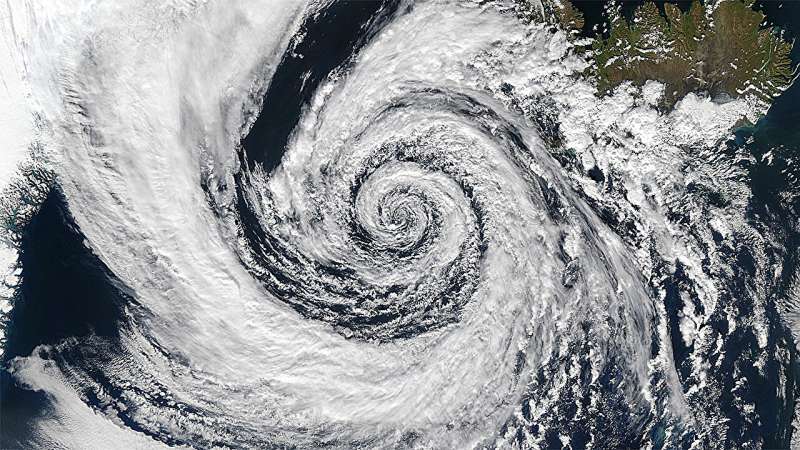
Weather forecasting historically has depended on the time-consuming and energy-intensive method of using supercomputers to crunch complex sets of mathematical equations. An up-and-coming alternative involves training artificial intelligence (AI) to predict how current atmospheric conditions will evolve.
However, in a new study published in Geophysical Research Letters, Tobias Selz and G. C. Craig report that models based on AI fail to account for a process that puts a fundamental limit on weather predictability: the butterfly effect.
The butterfly effect describes how the consequences of tiny perturbations can very quickly grow to have a major impact on a system’s final outcome, as in the metaphorical example of a flap of a butterfly’s wings in Brazil ultimately influencing the development of a tornado in Texas. In weather science, these fast growing uncertainties are most often related to convection and precipitation. But this initial variation grows much more slowly in AI systems than in reality, potentially making AI weather predictions unreliable.
That doesn’t mean AI is useless when it comes to weather forecasting. Currently, the butterfly effect is not the limiting factor in weather prediction, because atmospheric measurement errors are still large enough that the butterfly effect is comparatively negligible.
AI does model weather in midlatitude conditions well with the current level of measurement error, though Selz and Craig note that accuracy may vary in exceptional meteorological conditions. Scientists may also be able to improve AI algorithms, for example, by artificially generating additional training data to teach these algorithms the power of the butterfly effect.
More information:
T. Selz et al, Can Artificial Intelligence‐Based Weather Prediction Models Simulate the Butterfly Effect?, Geophysical Research Letters (2023). DOI: 10.1029/2023GL105747
Provided by
American Geophysical Union
This story is republished courtesy of Eos, hosted by the American Geophysical Union. Read the original story here.
Citation:
Artificial intelligence algorithms fail to account for a key limitation in weather prediction: The butterfly effect (2023, October 30)
retrieved 30 October 2023
from https://phys.org/news/2023-10-artificial-intelligence-algorithms-account-key.html
This document is subject to copyright. Apart from any fair dealing for the purpose of private study or research, no
part may be reproduced without the written permission. The content is provided for information purposes only.
